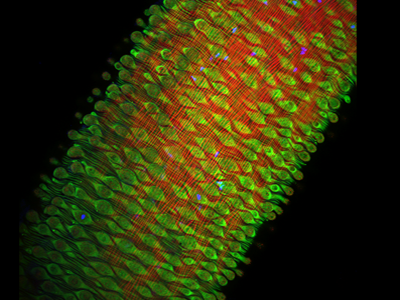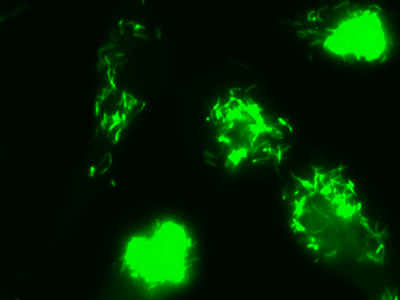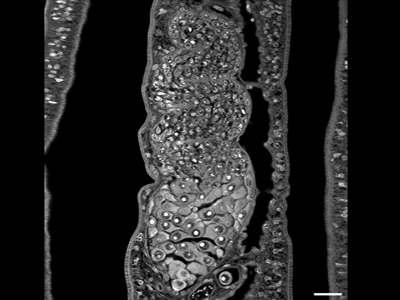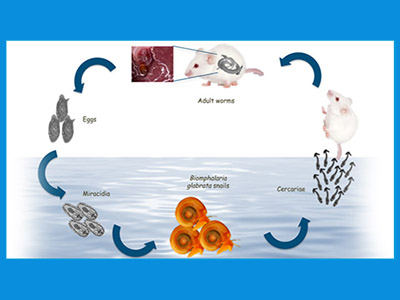Group Leader: Giovina Ruberti
Topic : Immunology
The Neglected Tropical Diseases (NTDs) (https://www.who.int/neglected_diseases/diseases/en/), a group of parasitic, bacterial, and viral infectious diseases, along with AIDS, tuberculosis, and malaria are collectively referred to as ‘infectious diseases of poverty’. NTDs affect the most poor and vulnerable populations in the world and more than one billion people are treated for control and elimination of NTDs each year. Importantly, these infections are co-endemic and an individual may be infected with more than one pathogen.
In IBBC-CNR we study in particular schistosomiasis, one of the 17 NTDs prioritized by WHO. Schistosomiasis contributes to the global morbidity with 4,026,000 DALYs (disability-adjusted life years), more than 780 million people are at risk and more than 200 million infections occur annually. Among human parasitic diseases, schistosomiasis ranks second behind malaria in socio-economic terms, public health importance and prevalence in the developing world.
Schistosomiasis is caused by some species of blood trematodes (flukes) in the genus Schistosoma. Unlike other trematodes, which are hermaphroditic, Schistosoma spp. are dioecous (individuals of separate sexes). Schistosomes reside in the mesenteric or bladder and survive for many years producing hundreds of fertilized eggs per day. Chronic infections can persist for decades and severe morbidity results from host immune responses to eggs in tissues.
The main research activities include:
maintainance of the life cycle of Schistosoma mansoni with the intermediate host (Biomphalaria glabrata) and the definitive host (mouse), isolation and culture of parasites
parasite biology, male-female interaction, metabolism, egg production associated genes
identification and characterization of potential targets and novel anti-schistosomal compounds
Research group
Researchers : Fulvio Saccoccia
Post-doc fellow: Roberto Gimmelli




